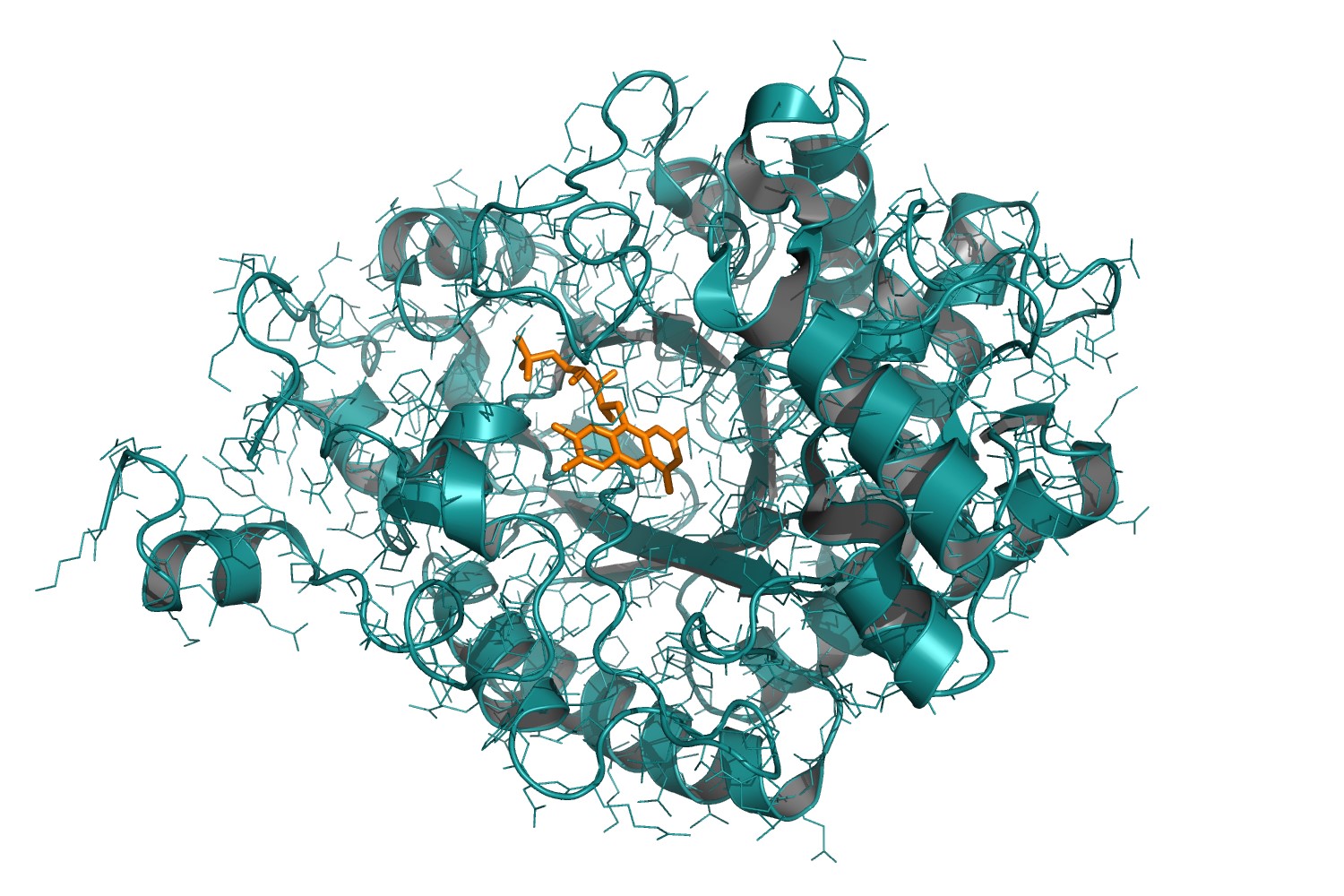Marco Fraaije receives funding for COST Action
Professor Marco Fraaije of the Groningen Biomolecular Sciences and Biotechnology Institute (GBB) will receive funding for the by him initiated COST Action COZYME: computationally-assisted redesign of enzymes. A COST Action is an interdisciplinary research network that brings researchers and innovators together for four years to investigate a topic of their choice and train young researchers in this specific topic. The goal of the COZYME Action is to create a network of research groups involved in computational enzyme engineering, starting in November of this year.

The COZYME Action aims to develop a game changing computational platform for rapid protein improvement. To achieve this, a network with some of the most relevant players in Europe has been assembled. Academic researchers and R&D staff from industries will be working together on fields ranging from computational enzyme redesign and enzyme engineering to structural biology and enzymology.
COST Actions
COST stands for European Cooperation in Science and Technology. It is a funding organization for the creation of research networks, the so-called COST Actions. COST receives EU funding under the Horizon Europe programme.

More news
-
10 February 2026
Why only a small number of planets are suitable for life
-
09 February 2026
Can we make the earth spin in the opposite direction?
